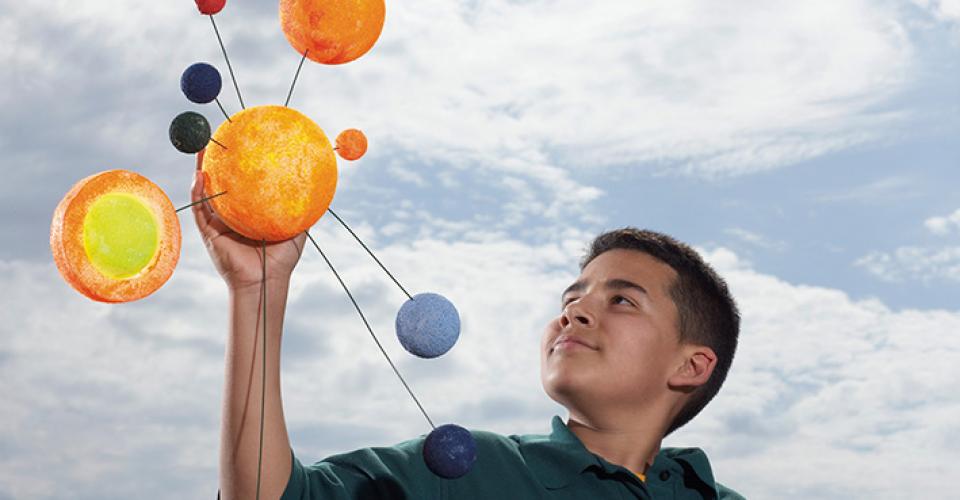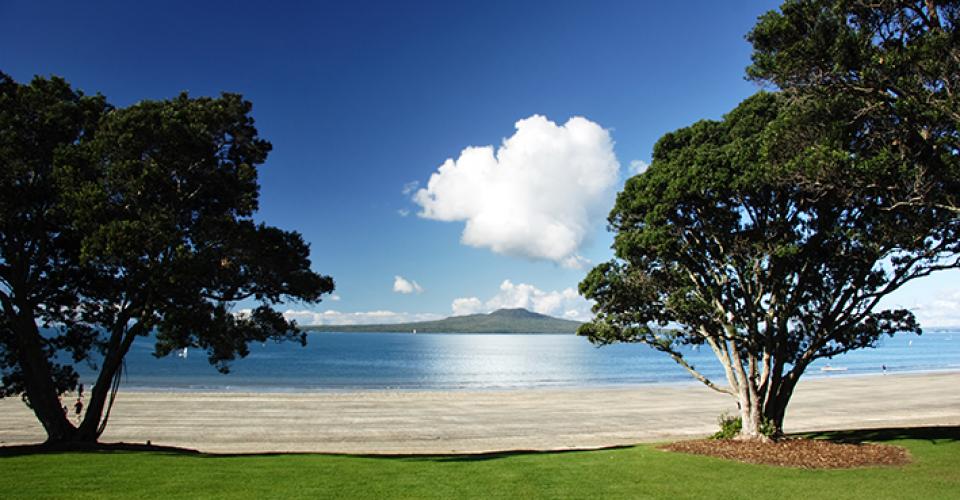Butterfly havens and worm farms
12/11/2013Schools get cracking on their projects funded by primary science scholarships.
 Young scientists around the country have been plotting how they will spend money to improve their environment.
Young scientists around the country have been plotting how they will spend money to improve their environment.
From establishing a wetland to monitoring local weather patterns, the proposed projects are wide in scope but all investigate the natural world.
Eleven schools throughout New Zealand were named as recipients of the Bayer Primary School Science Fund grants, which are administered by the Royal Society of New Zealand.
Back in September, New Zealand Science Teacher put out the call for interested schools to apply for the awards. The idea was that the funds be used to enhance a Nature of Science and/or an environmentally-based project.
The successful schools have now been announced, together with the amount awarded and plan for spending the money.
The list of schools and projects are as follows.
Apiti School, Fielding – $1918
Forest restoration projects at nearby Gillespie's Bush, including weed eradication, pest control, plant and animal monitoring, wetland development, and science fair projects.
Cheltenham School, Fielding – $1923
Establishment of a wetland and over time start pest control, weed eradication, replanting, and student-led information tours.
Kaurilands Primary School, Titirangi – $764
Monitor the local school stream to assist with teaching ecology and then sharing the findings with the wider community.
Kawaha Point Primary School, Rotorua – $1710
Develop worm farms and their benefits in order to give students a clear understanding of sustainability concepts, environmental impacts and ecosystems.
Lynton Downs School, Kaikoura – $1150
Plant trees in the school’s wetland project to attract more wildlife, particularly eels and native birds.
Mangakahia Area School, Whangarei – $1075
Establish a water monitoring programme in the local catchment area in order to address concerns about water quality, degrading freshwater habitats, and declining numbers of long fin eels.
Mangaroa School, Upper Hutt – $1300
Develop a butterfly garden to increase the numbers of monarch and other butterflies returning to local gardens. The garden will also help attract bees to pollinate the school’s existing vegetable garden.
Northland School, Wellington – $885
Investigate, design, and create a butterfly garden from research findings. Then use the garden to continue teaching science and its disciplines.
Pukemiro School, Ngaruawahia – $1601
Introduce environmental science to students, particularly identifying factors which affect the local environment. Compare and contrast scientific data and publish the results.
Russell School, Russell – $1985
Develop an enquiry-based programme that involves examining many aspects of local aquatic environments, including marine, oyster farming and stream monitoring.
St Joseph’s School, Paeroa – $881
Learn about science as a knowledge system and the features of scientific knowledge as it applies to weather and the water cycle.

























Post your comment
Comments
No one has commented on this page yet.
RSS feed for comments on this page | RSS feed for all comments